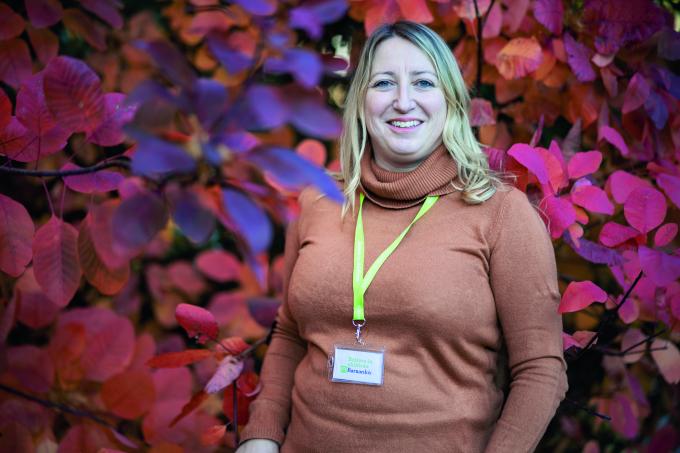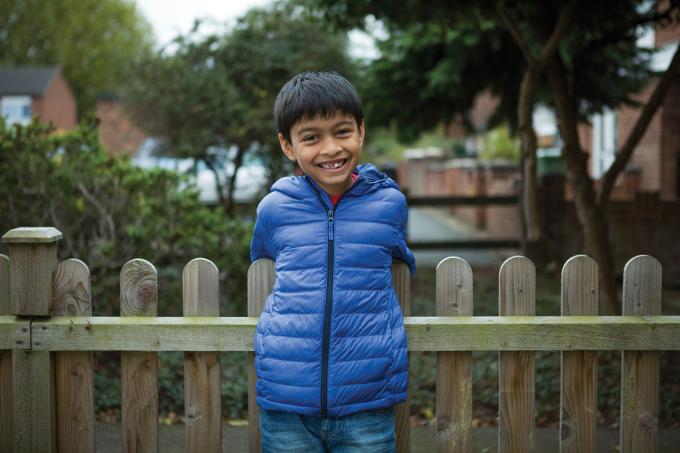We want to make sure Barnardo’s is a place where everyone can belong, grow and thrive.
In 2020, we published our anti-racism commitments setting out the role we want to play in supporting our colleagues, and the children and young people we work with who face racism.
In 2023, we spoke with colleagues, volunteers and some of the children and young people we support, many of whom have been affected by racism, about our progress and to hear what more they felt we could do. We have updated our anti-racism commitments based on the feedback we received and are committed to continuing to challenge and tackle racism so that Barnardo’s is a place where everyone can belong, and we drive positive change for our colleagues and volunteers, alongside children and young people.
Our anti-racism commitments
We are responsible:
-
For speaking up and speaking out against racism.
-
For marbling anti-racism into everything we do.
-
For living our values, behaviours and purpose.
We are all committed:
-
To making the places where we work safer and more inclusive.
-
To championing and celebrating our anti-racism achievements.
-
To our Learning and Development being anti-racist.
We are all accountable:
-
For supporting colleagues and children, young people and families we work with who are impacted by racism.
-
For deleting racism where we see it.
-
For recognising, reporting, responding to and learning from racism.
To support each of our commitments, we have produced actions that help us measure progress and hold us accountable for our ongoing anti-racism work.

Equality, Diversity and Inclusion
We’re committed to changing childhoods and changing lives. We know that some children, families and communities face challenges because of structural inequalities and discrimination in society. We simply don’t think that’s fair and are committed to driving positive change.

Disability inclusion
We are striving for all our services to be inclusive and accessible for children and young people who are disabled and for Barnardo’s to be a place where all our colleagues and volunteers can belong, grow and thrive.

Who we are
We make sure children and young people feel safer, happier, healthier and more hopeful, by running over 800 specialist services across the UK, and campaigning to change the way the system works for the better.

